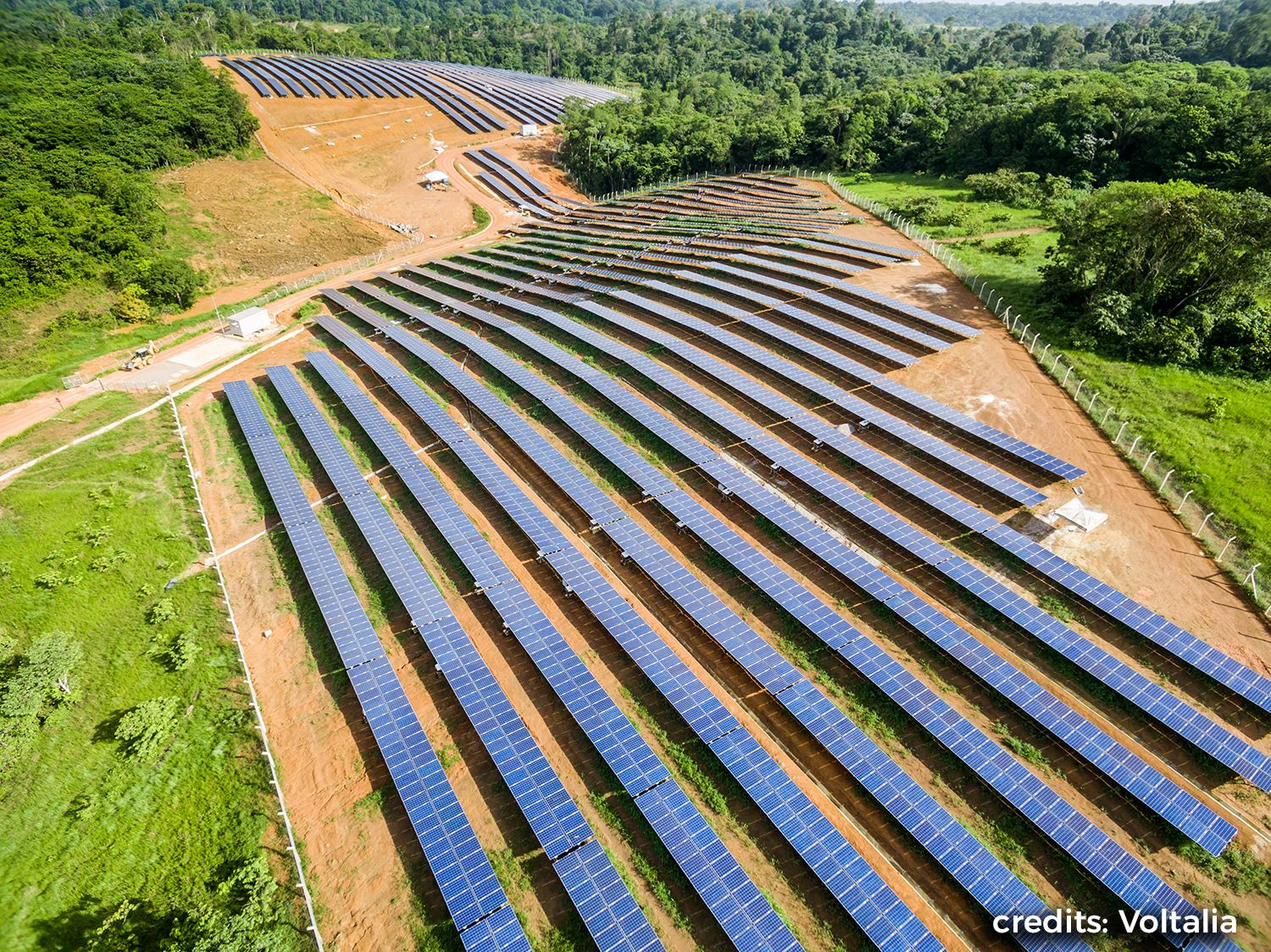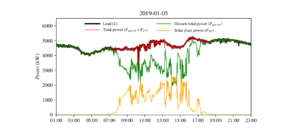Our colleague Olivier Liandrat recently presented our advances in short-term forecasting for microgrid applications at the Hybrid Power Systems Workshop 2019 in Crete, Greece.
Integrating Renewables into Microgrids
PV-Diesel hybrid plants have been established as one choice for the electrification of isolated and remote communities and off-grid plants for C&I applications. PV energy reduces the costs while diesel compensates the PV variability risk. In our research project, the benefits of forecast-integrated control using the SkyCam Vision sky imager have been investigated, using data from a hybrid power plant in Brazil, and the simulated scenarios of diesel only, a baseline case without forecasts and an ideal forecast case.
The purpose of this study was to quantify the economical benefits of using the SkyCam Vision sky imager to perform hybrid PV-diesel plant control through genset start/stop scheduling. The camera includes an onboard mini-PC together with a data storage device to perform a local processing of the images and a global horizontal irradiance (GHI) sensor, used for verification of the forecasted data.
Our test case was a power plant for rural electrification in Oiapoque, Brazil. It consists of a 3.3MWp capacity PV power plant and a 12.5MW capacity thermal plant, where the gensets are assumed being 10 identical 1250kW diesel generators. Our sky-imager SkyCam Vision was installed at the site and provides forecasts every 30 seconds. Using our forecasting tool InstaCast™ to predict upcoming GHI time series and make a decision on the next priority genset ignition. The SkyCam Vision case was compared to the other test cases. The Ideal Forecast case is hypothetical (if the future PV production was exactly known), the Diesel Only case assumes no PV. Furthermore the Baseline case assumes that all the power produced by the PV plant is used. This scenario represents standard hybrid plant control where no forecasts are used.
SkyCam Vision enables to bring the generators online right on time by the camera for absorbing strong production drops caused by GHI variability. A sample day can be seen in the following image:
Energy costs for the various control cases were compared. Of course, the Ideal forecast case provides the largest potential for financial savings. The cases including PV all show lower operation costs related to fuel consumption within the thermal plant. The SkyCam Vision implies higher return-on-investment benefits and a safer PV ramp control due to the anticipation of large PV production drops.
The conclusion: Reuniwatt’s forecasts-integrated control can be considered for bringing higher cost-efficiency to PV-Diesel hybrid plants.
If you want to find out more, you can download our full research paper Here.
About Reuniwatt (www.reuniwatt.com)
Reuniwatt is a major player of the solar radiation and cloud cover assessment and forecasting. Based on solid Research and Development works, the company offers reliable products and services intended for professionals of various fields, making the best out of two key facets of the meteorology: atmospheric physics and data sciences. A particular focus has been placed on solar energy forecasting, while developing cutting edge solutions to improve the short-term prediction of the solar resource.
The company has won many grants, including H2020’s SME Phase 1 programme, which makes Reuniwatt a European Champion with regard to innovation.

